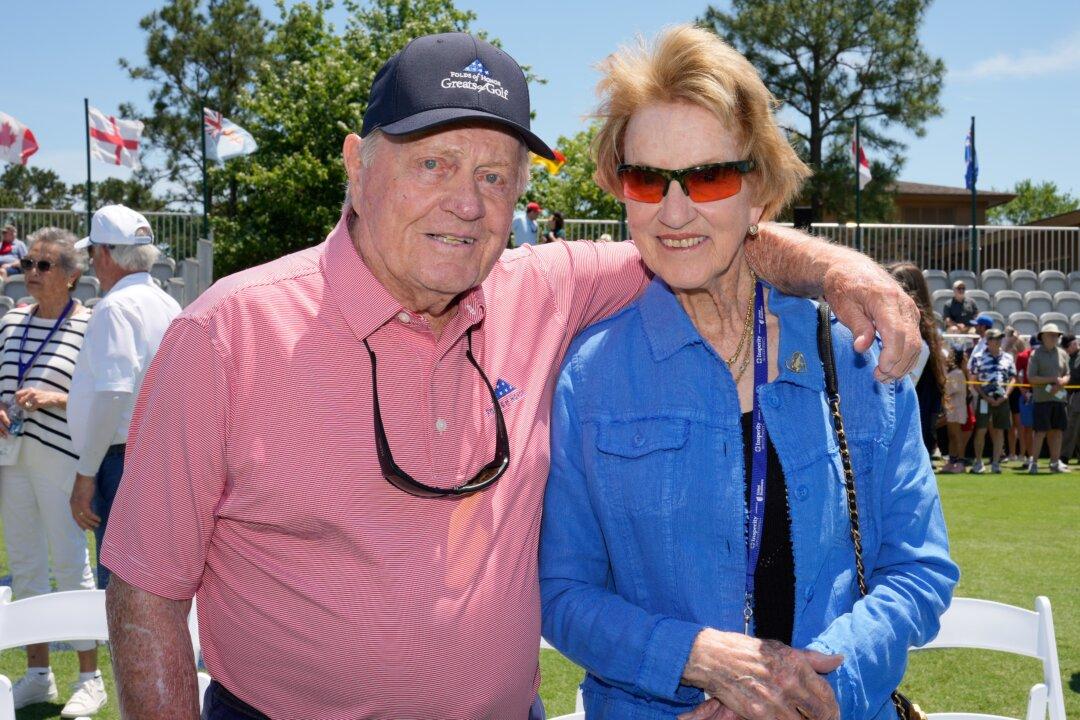Edison, NJ—If physical talent were the only ingredient needed to be the world’s best golfer Bubba Watson would sit atop the pyramid of talented players teeing it up this week at The Barclays—the first event which determines the ultimate Fed-ExCup Playoffs champion.
There’s no questioning the innate dexterity the 36-year-old has with his golf clubs. Watson is more than comfortable in creating shot few tour professionals would ever contemplate attempting in tournament situations.
For the first 14 holes at the host site Plainfield CC, Watson displayed a range of uncanny successes: hitting driver full bore and then managing approach shots in whatever direction or height he decided upon. Unfortunately, what could have been a solo lead round of 63, had him limp home with two bogeys on the final five holes. Nonetheless, his five-under-par 65 dropped him into a tie for the lead with three others—Spencer Levin, Tony Finau and Camilo Villegas.
As the number-three player starting the FedEx Cup Playoffs, Watson was paired with the new world number-one player Jordan Spieth and the recently crowned PGA Champion Jason Day. Spieth and Day are respectively one and two in the FedEx Cup point positions.






